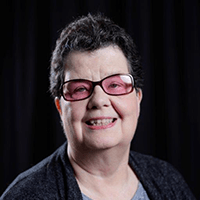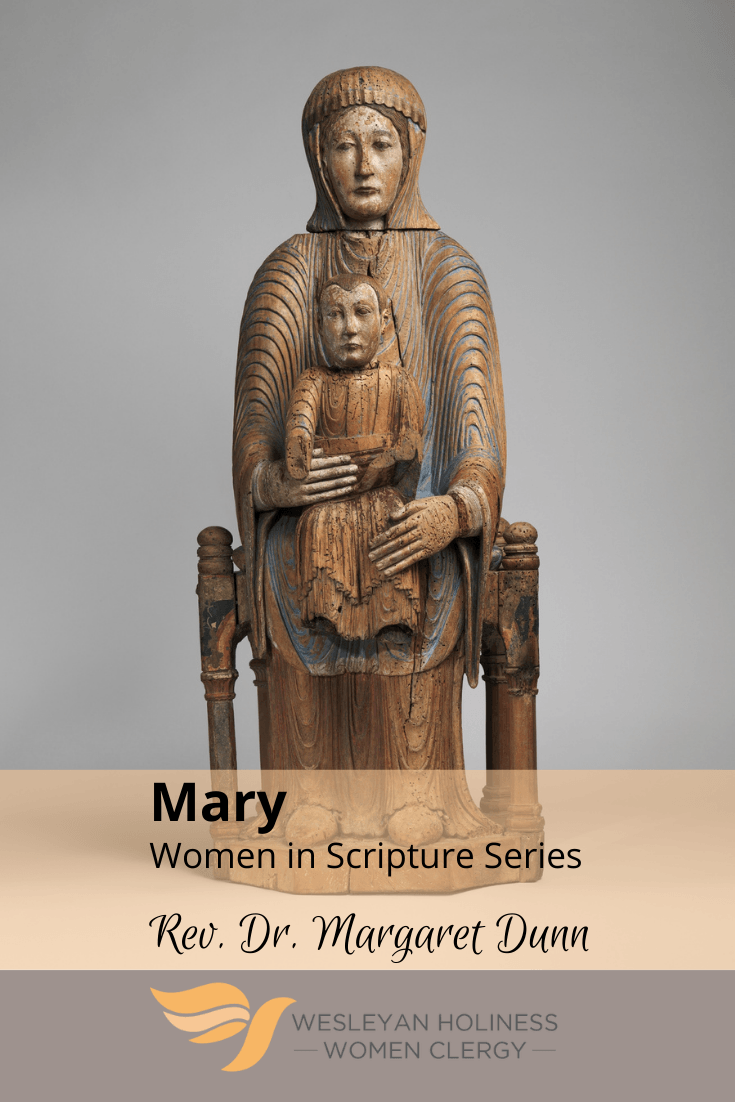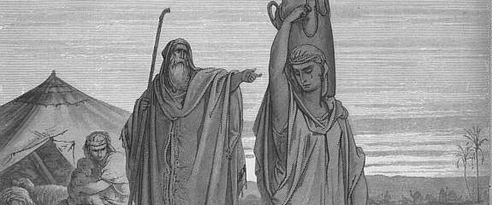Dr. Margaret Dunn is an ordained minister in the Church of God. She is serving at Mid America Christian University as an adjunct instructor and at Parkgate Community Church as a learning hour teacher for 3rd-5th grade students, a prayer partner, and a member of the missions team. She has been a member of leadership teams for the Church of God on the state and national level and was a member of the planning team for the 3rd, 4th, and 5th WHWC conferences. She lives in Pasadena , Texas.
Mary: Women In Scripture Series
Rev. Dr. Margaret Dunn • August 25, 2021 | WHWC
We can learn the power of yes by examining Mary's life.
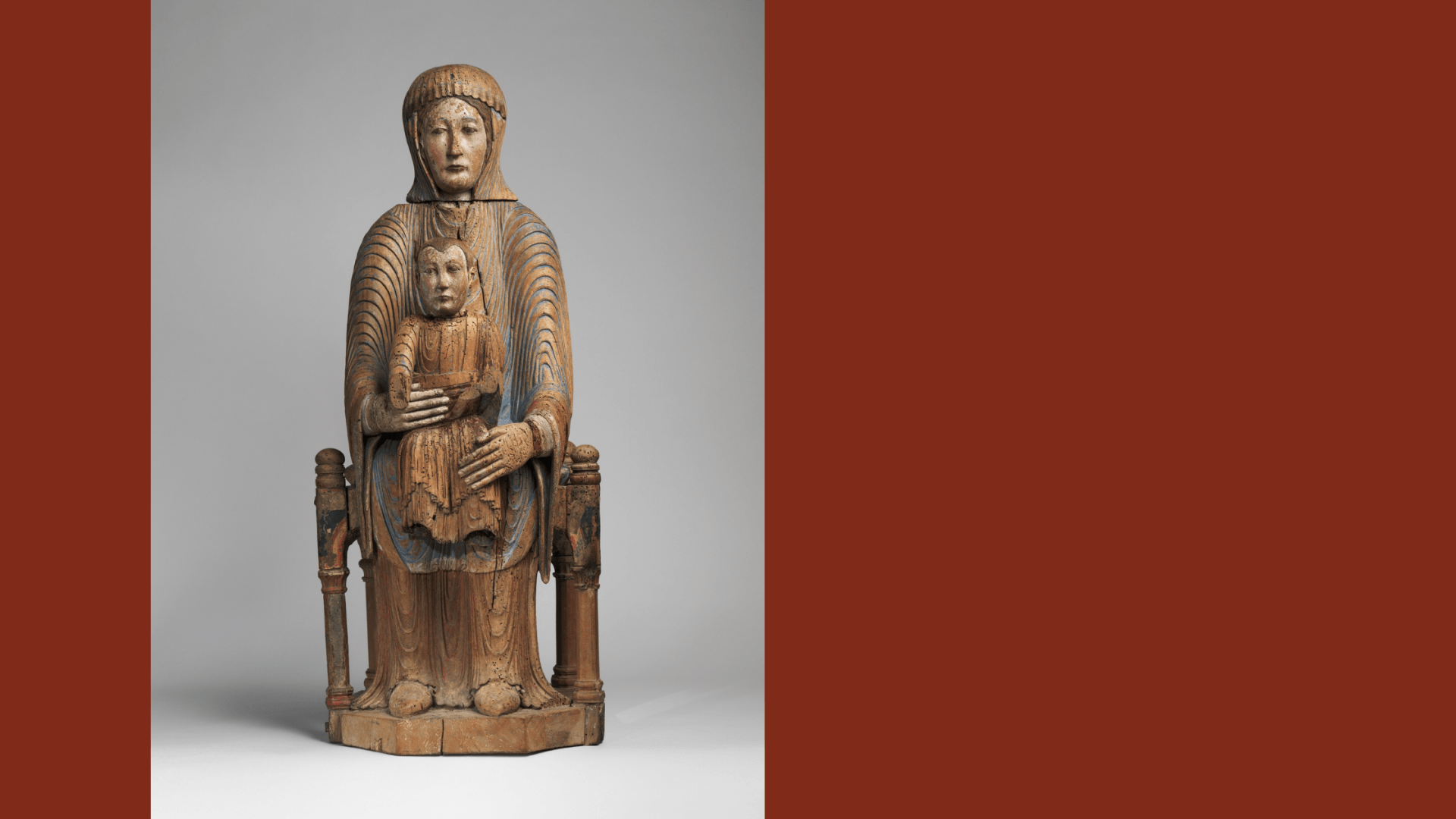
Mary, the mother of Jesus, is the only person in Scripture who was present at the birth of Jesus and His death on a cross. What was her life like as she lived the journey from birth to death on a cross? What was her life like and how did she navigate the journey? In thinking about these things, there are lessons that we can learn as we accept God’s call and begin our journey with Him. Let us look at what the writers of the New Testament tell us about Mary’s journey.
What Did Mary Think About?
In his gospel, Luke records that after Jesus’ birth, Mary kept all the things surrounding Jesus’ birth and pondered them in her heart (Luke 2:19). When He was eight days old, she and Joseph took Jesus to the Temple to be circumcised and were amazed at what Simeon said about Him (Luke 2:33).
What did she think when she heard the words from Simeon that a sword would pierce her own soul (Luke 2:35)? Did she begin to wonder what she had said yes to when Gabriel appeared or did she begin to think about what Jesus’ mission would be and how it would end? They then meet Anna who begins praising God when she sees the boy Jesus. What did Mary think of these things?
The next record of Mary and Jesus happens when Jesus is 12 and the annual trip to Jerusalem for the Feast of the Passover is held. They leave Jerusalem, cannot find Jesus, and three days later find Jesus in the Temple. When they saw Jesus, He responded that He was about His Father’s business. Though Mary did not understand these things, Jesus continued to live in their home and be subject to them (Luke 2:51) and Mary treasured all these things in her heart (Luke 2:51).
How Did Jesus’ Ministry Affect Mary?
John records the story of the wedding in Cana that was attended by Mary and Jesus. When the wine runs out she tells Jesus. Did she do this to let the world know about His mission? Jesus gently rebuked her with the words, “Woman, you have no right to determine my mission. This is not yet my hour for open manifestation,” (John 2:4). In an article on Mary the Mother of Jesus on biblegateway.com, an unidentified author states, “Jesus in making this statement was asserting His independence and sole authority in fulfilling His God-given task. Mary accepted this, retiring from the scene after she instructed the servants to obey His every command (John 2:1-5),” (Bible Gateway). John indicates that Jesus stayed with his mother and brothers in Capernaum at least for a few days (John 2:12).
Mark records that Mary and Jesus’ brothers arrived and stood at the outskirts of a crowd. When the crowd tells Jesus they are present, Jesus responds with the words “Who are my mother and my brothers?” (Mark 3:33). Jesus answers the question by indicating that those who hear and do the will of God are his mother and brothers (Luke 8:21). Mary’s response to this interaction is not recorded. Yet she certainly had lived a life of obedience to God before Jesus’ birth. What did she think about this statement?
When He was on the cross, did Mary remember the words of Simeon (Luke 2:35) “and a sword will pierce even your own soul—to the end that thoughts from many hearts may be revealed.” As she watched him die on the cross, there is no doubt that the experience hurt Mary’s heart to the very core. In this time of great emotion and from the cross, Jesus gives her over into the care of John, the beloved disciple (John 19:26-27). Traditions say that Mary lived the rest of her life with John in Jerusalem and Ephesus.
The last mention of Mary is after the ascension, when Mary and Jesus’ brothers, now in Jerusalem, joined the eleven apostles in prayer while they waited for the promised gift of the Holy Spirit (Acts 1:14). While Jesus’ brothers may have lacked faith during his earthly ministry, they came to faith after his death. The resurrected Christ appeared to James (I Cor. 15:7) and James was among the 120 people who selected Matthias to replace Judas as an apostle and then who were filled with the Holy Spirit (Acts 1:15, 2:1-4). In a previously noted article on Mary the Mother of Jesus the author states that the coming to faith by Jesus’ brothers must have “brought full assurance to Mary.” (Bible Gateway)
What a remarkable journey Mary had as she journeyed with Jesus from birth to death. She was obedient before Jesus was born, she pondered the actions and words of Jesus in her heart during His life, and then saw her other sons come to faith after His death.
“Mary was willing to submit her life to God's plan no matter what it would cost her. Obedience to the Lord's will meant Mary would be disgraced as an unwed mother. Surely she expected Joseph to divorce her, or worse yet, he might even have her put to death by stoning (as the law permitted).” The author continues, “Mary may not have considered the full extent of her future suffering. She may not have imagined the pain of watching her beloved child bear the weight of sin and die a terrible death on the cross. But surely she knew that her life would hold many sacrifices as the mother of the Messiah……Being chosen by God for a high calling requires total commitment and a willingness to sacrifice everything out of love and devotion to one's Savior.” (Fairchild).
What can we learn from Mary about our own journey as we accept God’s call on our lives?
First, we see that Mary was obedient.
She did not know the end at the beginning and without question lived a life of obedience. She trusted God with the outcome. She did not try to figure out how to not be a disgraced unwed mother, she trusted God to work it out. She followed Jesus to the cross and experienced great sadness as she saw her Son hung on a cross and died. She obeyed Jesus and allowed John to adopt her when Jesus died. After His death, she was with the disciples waiting and praying (Acts 1:14). We must be obedient.
Second, we learn that Mary knew God’s Word.
This is evident in her response to God’s call on her life (Luke 2:46-55) which is filled with references to the Old Testament promises of God. Not only did she know the Word she lived the Word as she took Jesus to the Temple eight days after His birth. As women called by God, we need to be in the Word, to know the Word, and to apply it to our lives.
Third, Mary was quiet before God and we often see her meditating on what God had done in her life and what He was doing in the life of Jesus.
Mary took time to be with God and to think about His activity in her life. As we have seen, Mary pondered these things in her heart. She does not question God, she spends time with Him to allow the Word to get into her heart and her mind. As women called by God, we need to give ourselves time to ponder the things of God. We know that Jesus spent time alone with God and so should we.
Fourth, Mary was faithful to the very end.
This is a wonderful testimony of her life’s journey. As women called by God may this be what people say about us—she was faithful to her call. Her faithfulness was marked by humility and acceptance of God’s workings in her life and in the life of Jesus and her other children. We do not see her saying “I am the Mother of Jesus”, we see her supporting Him as His ministry and journey is revealed to her.
A Righteous Woman’s Reward
At the end of her life Mary saw many of God’s promises fulfilled. She saw Jesus rise again and give the gift of eternal life to all who believed in Him. She sat with the disciples while they waited for the Holy Spirit and experienced His coming at Pentecost.
As she sat with the disciples and they waited she might have been thinking how different this position was compared to her place in the faith of her early years where a woman would have been outside. Now, Mary was inside and a member of the group of believers. Did she ponder at this moment, and wonder at how God had used her to bring this about when she said yes to God’s call as a young woman?
She saw the fruit of her faithful life as her other sons accepted Christ and many others came to believe in Him. What a remarkable end to her faithful life that began when she said to the Lord, “Behold, the bondslave of the Lord, be it done to me according to your word,” (Luke 2:38). When Mary died, I have no doubt she heard the words, “Well done, my daughter. Well done.”
I do not know where you are on your journey with God. I do know that if we know God’s word, obey God’s word, spend time with God, and serve Him with a humble heart and faithful actions, He will guide and direct. I pray that you will see God’s promises to you fulfilled and the fruit of your ministry.
Mary’s life journey gives us hope for the end of our own journey of obedience to God’s call on our lives. Mary’s life helps us see what God can accomplish through an obedient heart to God’s call.
References
Bible Gateway https://www.biblegateway.com/resources/encyclopedia-of-the-bible/Mary-Mother-Jesus
retrieved April 28, 2021
Fairchild, Mary (September 10, 2020) Meet Mary: Mother of Jesus https://www.learnreligions.com/mary-the-mother-of-jesus-701092
retrieved April 28, 2021
Enjoyed this article? Connect with us on one of our social media platforms. Share it and forward it to a friend:

Wesleyan Holiness has a rich and diverse history of women empowered by the Holy Spirit following God in obedience to Him, blocking out the voices of those who didn't embrace or encourage women preachers. Each one of them are the women whose shoulders we stand upon, making way for the next generation of women pastors coming up behind us.
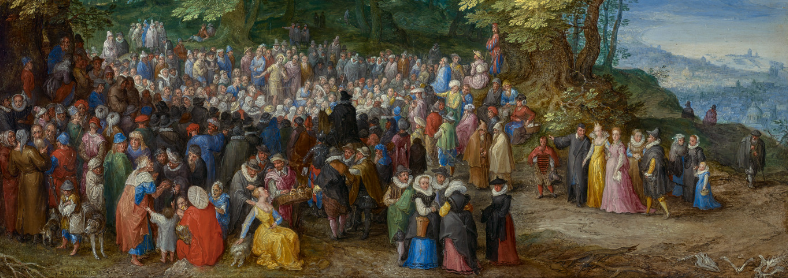
The wonderfully freeing truth we have in the Beatitudes is that they are not a checklist of to-dos and rules to hem us in, keep us in line, or that we must check off. The Beatitudes are words given to us as grace, dripping like honey from a honeycomb with blessing and hope in a desperate and broken world.

